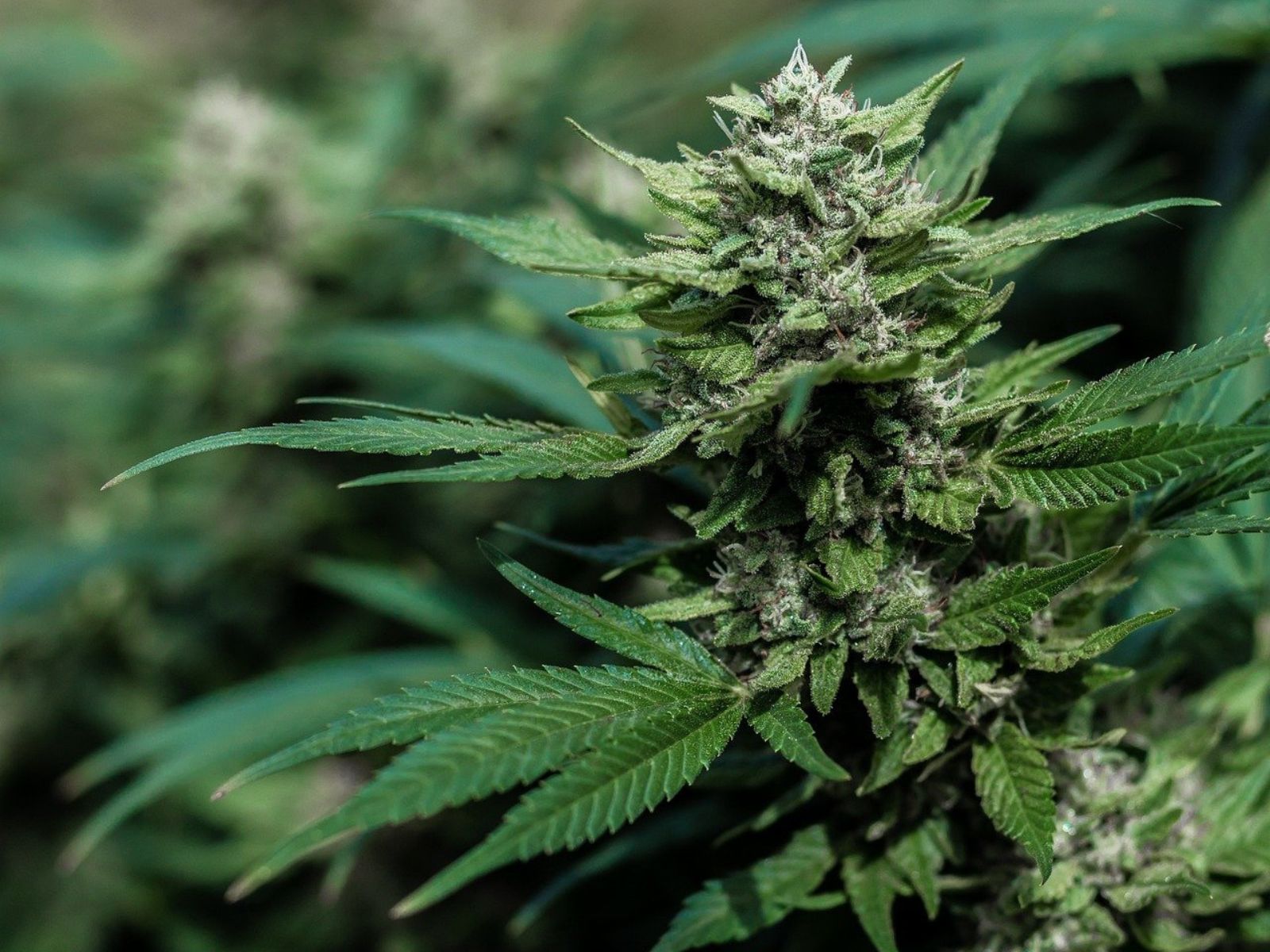
Report: German Health Minister Confirms Timetable For Cannabis Legalization

Report: German Health Minister Confirms Timetable For Cannabis Legalization
Over the weekend a potentially significant report surfaced regarding cannabis legalization in Germany. To quickly recap how we got to where we are now, Germany’s Health Minister Karl Lauterbach presented an adult-use legalization plan to the federal cabinet back in October. Since that time, Lauterbach has lobbied the European Union for its permission to proceed with formally introducing the plan for consideration by German lawmakers. According to the report, Lauterbach is ‘certain’ that the European Union will grant its approval and that a formal introduction of the legalization measure will occur ‘in the first quarter of this year.’ Minister Lauterbach added, according to the report, that he ‘has no reason to doubt this schedule.’
Given that the better part of January 2023 is already in the history books, that means that if Minster Lauterbach’s schedule indeed proves to be accurate then Germany’s lawmakers could be considering a national adult-use legalization measure by the end of March (or sooner). Looking at it from a perspective beyond Germany’s borders, if Lauterbach is going to proceed with a formal introduction of a legalization measure with the EU’s blessing, then that logically means that other nations will presumably be able to do the same. If so, we could see the opening of the European legalization floodgates with other nations copying Germany’s model.
What Will Be Legalized In Germany?
The plan that Minister Lauterbach presented to the federal cabinet in Germany back in October was not the first version of the plan. In the days leading up to the formal presentation a reported previous version was leaked, and due to various provisions contained in the leaked plan, public outcry was swift. The outcry was largely directed at the initial possession limit (20 grams), an age-tiered THC percentage cap (10-15% depending on age), and the initial cultivation limit (2 plants).
What was ultimately presented to the federal cabinet involved somewhat vague language, in that the possession limit was raised to ’20-30 grams’ and that there would be ‘further examination’ as to whether there would at least be THC percentage caps for consumers 18-20 years old. The home cultivation limit was raised in the federal cabinet presentation compared to the leaked version of the plan, from 2 plants up to 3 plants per adult household.
One of the most significant components of the plan presented to the federal cabinet was the intention to launch a legal national adult-use cannabis industry in Germany. Right now, the only country that permits sales of non-THC capped cannabis products nationwide to anyone of legal age, including nonresidents, is Canada. Uruguay allows sales to residents, and Malta is in the process of setting up regulated non-profit clubs. No other country permits legal sales of non-THC capped cannabis products nationwide, and given how much larger Germany’s population, economy, and level of tourism is compared to Canada’s, the launch of a regulated national adult-use market in Germany will be a very big deal.
Limitations Of Germany’s Model
Germany’s legalization model is not perfect for various reasons, not the least of which is that it is yet to be approved, codified, and implemented. After all, politics can be full of twists and turns, and until a legalization measure becomes the law of the land in Germany there’s always the possibility that provisions could be changed and/or that the process itself could stall. We have already witnessed Lauterbach’s legalization plan evolve, and technically he has yet to reveal what, if any, changes were made as part of gaining approval from the European Union.
Part of the report that surfaced over the weekend described Minister Lauterbach as planning to present a ‘very good solution’ for German lawmakers to consider. Obviously, that is not the same as saying outright that the European Union didn’t demand any changes to Germany’s previously presented approach. If the changes are seen as regressive to some lawmakers in Germany, it’s virtually guaranteed that there will be pushback.
One huge limitation that seems to already be agreed upon by Minister Lauterbach and the EU is that all cannabis for Germany’s eventual adult-use market has to be produced domestically in order for Germany to be in compliance with treaties. While we will all have to wait and see how it plays out, I am of the opinion that supply shortages are going to be common due to this limitation. I have no doubt that German cultivators will do their best to produce as much cannabis as legally possible, however, they won’t just be supplying Germany. People from all over the world are going to flock to Germany to partake in the new freedoms. How great the demand for legal cannabis will be in Germany once sales are permitted is tough to say, but I think it’s a safe bet that it’s going to be enormous, and that may create issues.
Share article


Share article
Join Our Awesome Community
Join Our Awesome Community
Join Our Awesome
Community
Get all the latest industry news
delivered to your inbox







